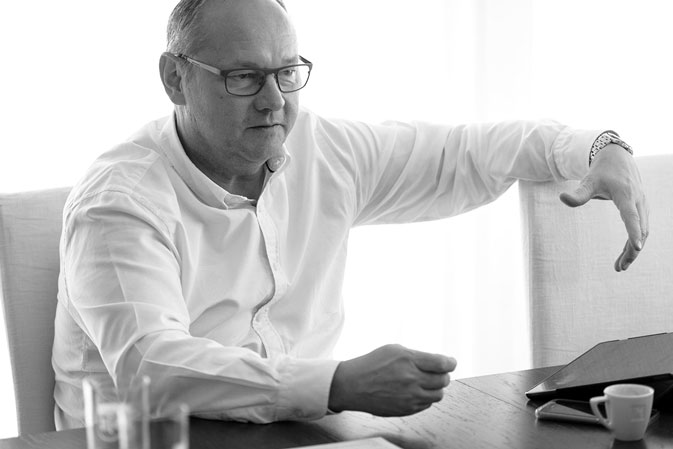echo-interview with Jürg Stahl, National Councillor of the People’s Party (SVP) Canton Zurich
elipsLife echo: Mr Stahl, for 20 years now no progress has been made in reforming the old-age provisioning system in Switzerland. Your party has also rejected the latest attempt, the so-called old-age insurance/tax deal (AHV-Steuer-Deal). Is this a sign that politicians are failing to solve the pension problem?
Juerg Stahl: If we don’t find a solution, that’s tantamount to a failure on society’s part, since politics are just a reflection of our society. Our politicians would then no longer be the reflection of the society they’ve been elected to represent. We all have to shoulder responsibility here, including the corporate world. There’s a lot at stake. The debate over pensions is a complex and emotional one, because it affects all of us. So it’s not surprising that finding a solution is difficult. If it had been possible to find a majority consensus on this issue, a solution would have been hammered out long ago.
The failure of the AV 2020 reform attempt can be attributed to your party, among others. How confident are you that you’ll be similarly successful with the AHV-Steuer-Deal?
This question is not about an individual party, and certainly not about identifying a winner. When the bill came before parliament, I was President of the National Council. When the final vote was taken, the number of those in favour of AV 2020 was 101, just managing the minimum number necessary. So although a majority had been achieved, the razor-thin margin meant that prospects for the referendum didn’t look good. Following the vote, I certainly didn’t see myself as a winner; the need for a reform was, and is, simply too pressing. The SVP is not wholly against the AHV-Steuer-Deal. The majority, however, believes it’s not a good idea to connect pensions with taxes.
So what’s missing in the current reform package?
Personally, I’m disappointed there’s been no attempt to tackle the reform of the second pillar. And the current reform proposal doesn’t do enough to hold the individual citizen accountable either. That being said, I should still like to warn against talking of winners and losers in this debate. There’s far more at stake here than a simple legislative amendment. It’s about the next generation in our country.



